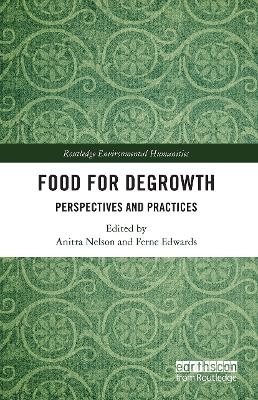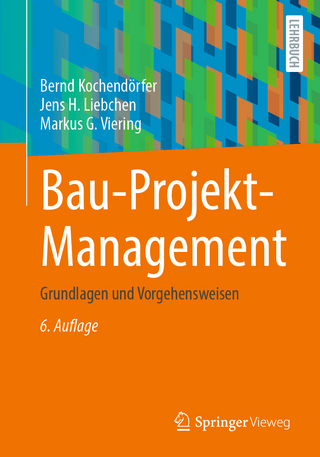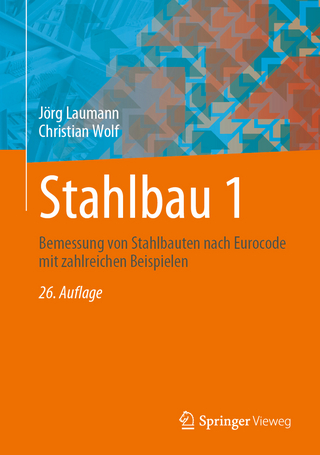
Food for Degrowth
Routledge (Verlag)
978-0-367-43646-9 (ISBN)
This collection breaks new ground by investigating applications of degrowth in a range of geographic, practical and theoretical contexts along the food chain. Degrowth challenges growth and advocates for everyday practices that limit socio-metabolic energy and material flows within planetary constraints. As such, the editors intend to map possibilities for food for degrowth to become established as a field of study.
International contributors offer a range of examples and possibilities to develop more sustainable, localised, resilient and healthy food systems using degrowth principles of sufficiency, frugal abundance, security, autonomy and conviviality. Chapters are clustered in parts that critically examine food for degrowth in spheres of the household, collectives, networks, and narratives of broader activism and discourses. Themes include broadening and deepening concepts of care in food provisioning and social contexts; critically applying appropriate technologies; appreciating and integrating indigenous perspectives; challenging notions of 'waste', 'circular economies' and commodification; and addressing the ever-present impacts of market logic framed by growth.
This book will be of greatest interest to students and scholars of critical food studies, sustainability studies, urban political ecology, geography, environmental studies such as environmental sociology, anthropology, ethnography, ecological economics and urban design and planning.
Anitra Nelson is an activist-scholar, Honorary Principal Fellow and Associate Professor in the Melbourne Sustainable Society Institute, University of Melbourne (Australia). Her works include Exploring Degrowth: A Critical Guide (co-author 2020), Housing For Degrowth: Principles, Practices, Challenges and Opportunities (co-editor, 2018), Small is Necessary: Shared Living on a Shared Planet (author, 2018) and Life Without Money: Building Fair and Sustainable Economies (co-editor, 2011). Ferne Edwards is Postdoctoral Fellow in Socially and Environmentally Just Transitions, Department of Design, Norwegian University of Science and Technology (NTNU), Trondheim, Norway. Previously Research Fellow, RMIT University Centre for Urban Research (Melbourne, Australia) and Work Package Lead of the EU EdiCitNet project at RMIT Europe (Barcelona, Spain), Ferne is a cultural anthropologist researching edible cities, food waste, urban beekeeping, non-monetary food economies and food sharing.
1. Food for degrowth, Anitra Nelson and Ferne Edwards Part 1 Frugal abundance 2. Replacing growth with belonging economies: A neopeasant response, Patrick Jones and Meg Ulman 3. Quietly degrowing: Food self-provisioning in Central Europe, Petr Daněk and Petr Jehlička 4. Learning degrowth from women’s food knowledge and care in Kenya, Meike Brückner 5. Caring dachas: Food self-provisioning in Eastern Europe through the lens of care, Lilian Pungas Part 2 Degrowth collectives 6. Germinating degrowth? On-farm adaptation and survival in Hungarian alternative food networks, Logan Strenchock 7. Nourishing self-planned socio-ecological transformations: Glocal community supported agriculture in Veneto, Italy, Silvio Cristiano, Marco Auriemma, Paolo Cacciari, Manola Cervesato, Domenico Maffeo, Paola Malgaretto and Francesco Nordio 8. Sustaining caring livelihoods: Agroecological cooperativism in Catalonia, Patricia Homs, Gemma Flores-Pons and Adrià Martín Part 3 Degrowth networks 9. Co-creation for transformation: Food for degrowth in Budapest Food City Lab initiatives, Diana Szakál and Bálint Balázs 10. Technology for degrowth: Implementing digital platforms for community supported agriculture, Ferne Edwards and Ricard Espelt 11. Institutionalising degrowth: Exploring multi-level food governance, Ferne Edwards, Sérgio Pedro and Sara Rocha Part 4 Narratives: Degrowth contexts and futures 12. Recycling old ideals? A utopian reading of ‘circular’ food imaginaries, Deborah Lambert 13. Degrowth, decolonisation and food sovereignty in the Cree Nation of Chisasibi, Ioana Radu, Émilie Parent, Gabriel Snowboy, Bertie Wapachee and Geneviève Beaulieu 14. Food waste or surplus? Reading between the lines of discourse and action, Constanza Hepp 15. A degrowth scenario: Can permaculture feed Melbourne?, Terry Leahy 16. Future research directions: Food for degrowth, Ferne Edwards and Anitra Nelson
| Erscheinungsdatum | 24.11.2020 |
|---|---|
| Reihe/Serie | Routledge Environmental Humanities |
| Zusatzinfo | 11 Tables, black and white; 7 Line drawings, black and white; 5 Halftones, black and white |
| Verlagsort | London |
| Sprache | englisch |
| Maße | 156 x 234 mm |
| Gewicht | 453 g |
| Themenwelt | Sozialwissenschaften |
| Technik ► Bauwesen | |
| Technik ► Umwelttechnik / Biotechnologie | |
| Wirtschaft ► Volkswirtschaftslehre | |
| ISBN-10 | 0-367-43646-9 / 0367436469 |
| ISBN-13 | 978-0-367-43646-9 / 9780367436469 |
| Zustand | Neuware |
| Haben Sie eine Frage zum Produkt? |
aus dem Bereich


